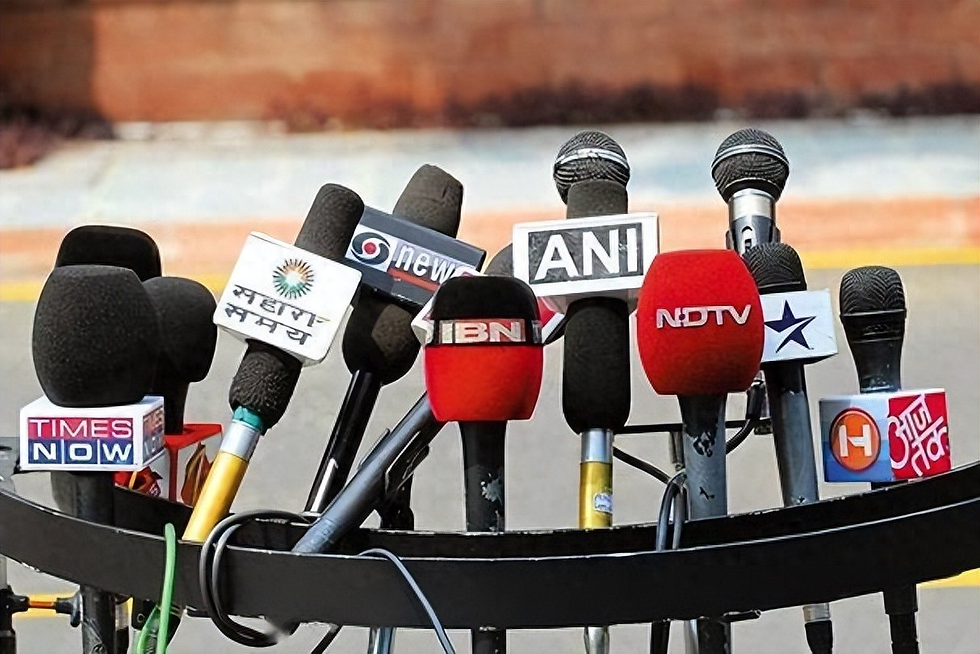India's approach towards Chinese mobile companies has shifted from initial warmth to current suppression.
- CosDream News

- Jun 30, 2024
- 2 min read
India's changing attitude towards Chinese mobile phone companies has not only surprised many but also sparked reflections on balancing globalization and trade protectionism.
In recent years, the Indian government has implemented stringent measures, particularly targeting Chinese firms, demonstrating efforts to balance technological transfer with local industry development.
Despite the immense potential of the Indian market, which has attracted numerous foreign companies and investors, policies restricting foreign firms have fluctuated, creating an unstable and unpredictable market environment.
For instance, the success of Chinese mobile manufacturers like vivo and OPPO in India is well-known, owing to their excellent products and market strategies, securing significant market shares.
However, as the Indian government imposes stricter regulatory measures on foreign companies, these enterprises must navigate increasingly complex legal and policy requirements.
Requirements such as appointing Indian nationals to senior management positions and mandating local contract manufacturing undoubtedly increase operational costs and risks for these companies in India.
These policies not only directly impact operational strategies but also prompt discussions on balancing trade protectionism and open markets.
While India aims to promote local industry development and technology acquisition, controversies arise over whether restricting foreign companies achieves these goals.
In the era of globalization, strategies and practices differ widely among countries in attracting foreign investment and technology transfer.
Many developing countries seek economic growth and employment through foreign enterprise and technology introduction, while voices advocating for protecting local industries and technological autonomy are growing stronger.
As the world's second most populous country, India boasts a vast consumer market and youthful labor force, making it a crucial market for global enterprises.
Yet, market access and policy stability are critical considerations for foreign companies, especially amid changing policies and rising protectionist sentiments.
Beyond issues of technology transfer and market access, competition in the Indian market is intensifying.
Advancements by local firms in technology innovation and marketing enable them to compete fiercely with international brands.
In this competitive environment, foreign enterprises not only face challenges from policy restrictions but also contend with the growing market influence of local competitors.
Against the backdrop of global economic integration, finding a balance between attracting foreign investment and protecting local industries has become a global challenge.
While governments have the right to protect national interests and industrial development, excessive protectionism may hinder the liberalization of international trade and optimization of global value chains.
Therefore, the Indian government must approach policies towards foreign enterprises with greater caution and balance.
While safeguarding local industries, considerations should also encompass the economic interconnectivity brought by globalization and the positive role of foreign companies in fostering technological innovation and economic growth.
In conclusion, India's policy changes and restrictive measures towards Chinese mobile companies not only affect their local market operations but also provoke profound reflections on balancing globalization and trade protectionism.
In the future, finding a balance between attracting foreign investment and protecting local industries will remain a critical issue for the Indian government and global enterprises alike.










Comments